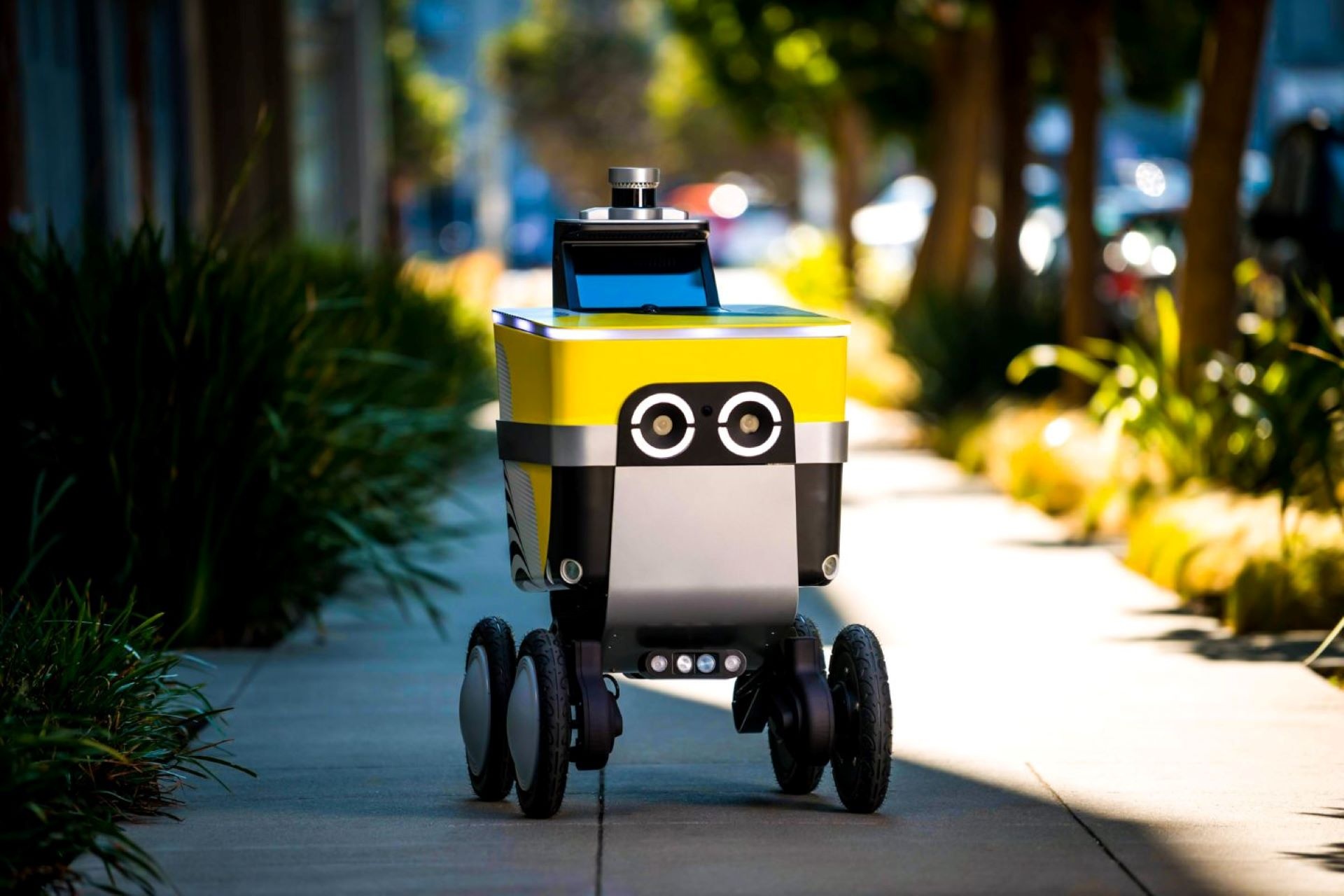Though we are still a ways away from the futuristic robots of sci-fi movies, the autonomous robot industry has made some amazing advances in recent years. From helping with our daily lives to working toward a cleaner earth, robots could make a big impact on the world.
Clearbot

Aquatic trash is a global environmental problem, but one startup has come up with a robotic helper. Clearbot is an autonomous, solar-powered boat that picks up trash as it floats along the water. In its pilot program conducted in a lake in northeast India, Clearbot was able to collect between 1,320 and 1,540 pounds of trash over three days.
With several fleets up and running in India and Hong Kong along with plans to expand, Clearbot offers a green method to reduce pollution in waterways.
Serve

"Why deliver 2-pound burritos in 2-ton cars?" That is exactly the question Serve is tackling as it aims to make the food delivery industry more affordable, sustainable, and convenient using robots. These all-electric robots take delivery cars off the road, reducing both traffic and pollution.
Unlike their competitors like Kiwibot and Coco, Serve was the first delivery robot to have fully autonomous capabilities. Serve has already rolled out its robots in the Los Angeles area and, thanks to a commercial deal with Uber, plans to deploy up to 2,000 more sidewalk delivery robots in new locations available on Uber Eats.
Terafab

Terabase Energy's new Terafab construction automation robot simplifies the solar panel installation process. Improving labor productivity by 25%, Terafab eliminates the need for heavy lifting, and it betters working conditions by keeping employees out of the blazing sun.
The Solar Energy Industries Association predicts there will be a need for 800,000 new workers by 2030 at the current rate of solar growth. Terafab's ability to improve working conditions and remove risk from the installation process supports the growing solar workforce instead of feeding the common fear that automation eliminates jobs.
ICARO X4

The ICARO X4, developed by Free Green Nature engineers, is a hybrid autonomous farm robot that uses Ultraviolet C (UV-C) rays on vineyards to remove mildew and fungi without the use of harmful chemicals or pesticides. The robot runs mainly on an electric battery but can be fitted with a backup diesel generator to run for up to 72 hours.
Using this new UV-C technology, the ICARO X4 can reduce a vineyard's use of fungicide by up to 70%. Five ICARO X4s are currently in operation at vineyards in France and Italy, where warmer summers threaten the wine industry with higher levels of mildew.
Pipebots

Leaking pipes worldwide lose about 91 billion gallons of clean water daily. The UK's Integrated Civil and Infrastructure Research Centre (ICAIR) has come up with a solution to prevent the loss of freshwater: tiny "pipebots" that fix leaks from the inside.
The current model looks like a toy car with legs, each equipped with a camera and microphone to navigate and analyze surroundings and locate leaks, as well as an AI system to assess damages. When the robot finds a leak, it can apply the necessary repairs or call for more robots to help, making fixing leaks faster, easier, less labor-intensive, and less expensive.
Join our free newsletter for weekly updates on the coolest innovations improving our lives and saving our planet.









